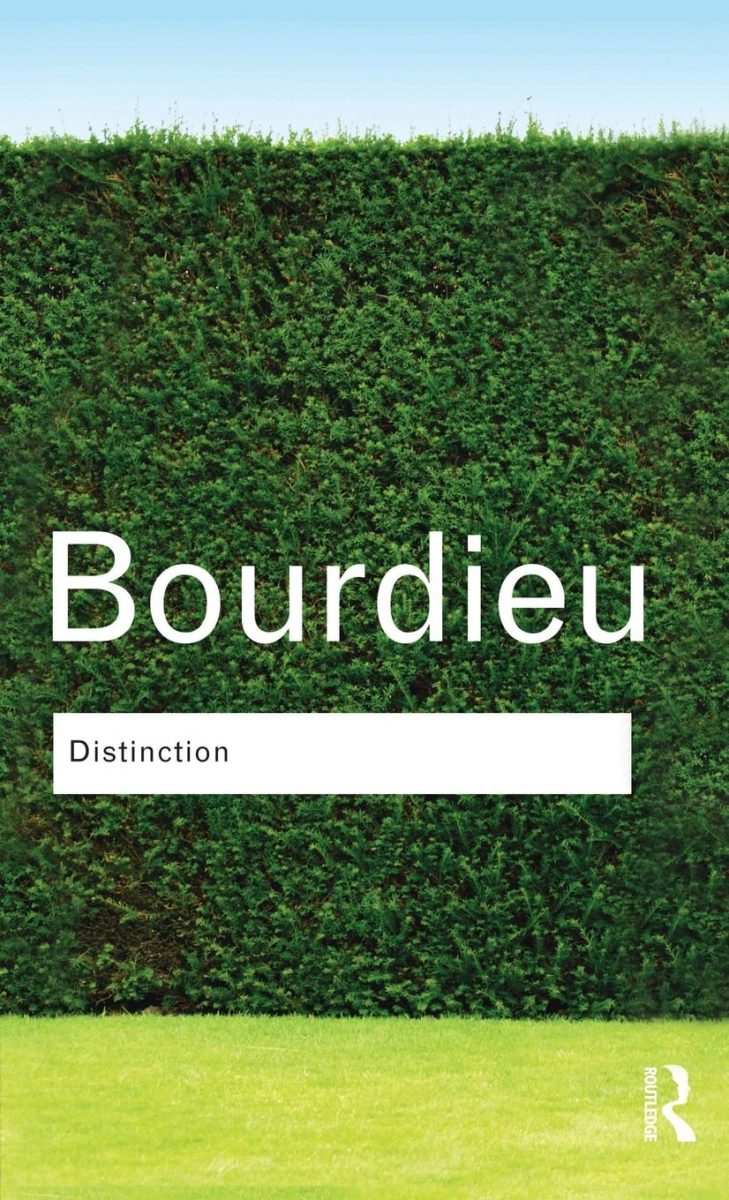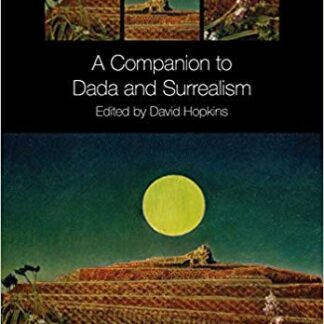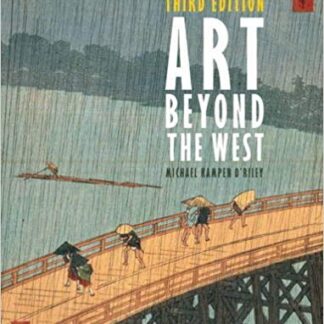Description
Distinction: A Social Critique of the Judgement of Taste by Pierre Bourdieu, ISBN-13: 978-1138835078
[PDF eBook eTextbook]
- Publisher: Routledge; 1st edition (July 20, 2015)
- Language: English
- 640 pages
- ISBN-10: 1138835072
- ISBN-13: 978-1138835078
No judgement of taste is innocent – we are all snobs. Pierre Bourdieu’s Distinction brilliantly illuminates the social pretentions of the middle classes in the modern world, focusing on the tastes and preferences of the French bourgeoisie. First published in 1979, the book is at once a vast ethnography of contemporary France and a dissection of the bourgeois mind.
In the course of everyday life we constantly choose between what we find aesthetically pleasing, and what we consider tacky, merely trendy, or ugly. Taste is not pure. Bourdieu demonstrates that our different aesthetic choices are all distinctions – that is, choices made in opposition to those made by other classes. This fascinating work argues that the social world functions simultaneously as a system of power relations and as a symbolic system in which minute distinctions of taste become the basis for social judgement.
Table of Contents:
TABLES
FIGURES
ILLUSTRATION CREDITS
PREFACE TO THE ENGLISH-LANGUAGE EDITION
INTRODUCTION TO THE ROUTLEDGE CLASSICS EDITION
INTRODUCTION TO THE FIRST EDITION
PART I A Social Critique of the Judgement of Taste
1
The Aristocracy of Culture
The Titles of Cultural Nobility
Cultural Pedigree
PART II The Economy of Practices
2
The Social Space and Its Transformations
Class Condition and Social Conditioning
A Three-Dimensional Space
Reconversion Strategies
3
The Habitus and the Space of Life-Styles
The Homology between the Spaces
The Universes of Stylistic Possibles
4
The Dynamics of the Fields
The Correspondence between Goods Production and Taste Production
Symbolic Struggles
PART III Class Tastes and Life-Styles
5
The Sense of Distinction
The Modes of Appropriation of the Work of Art
The Variants of the Dominant Taste
The Mark of Time
Temporal and Spiritual Powers
6
Cultural Goodwill
Knowledge and Recognition
Education and the Autodidact
Slope and Thrust
The Variants of Petit-Bourgeois Taste
The Declining Petite Bourgeoisie
The Executant Petite Bourgeoisie
The New Petite Bourgeoisie
From Duty to the Fun Ethic
7
The Choice of the Necessary
The Taste for Necessity and the Principle of Conformity
The Effects of Domination
Culture and Politics
Selective Democracy
Status and Competence
8
The Right to Speak
Personal Opinion
The Modes of Production of Opinion
Dispossession and Misappropriation
Moral Order and Political Order
Class Habitus and Political Opinions
Supply and Demand
The Political Space
The Specific Effect of Trajectory
Political Language
Conclusion: Classes and Classifications
Embodied Social Structures
Knowledge without Concepts
Advantageous Attributions
The Classification Struggle
The Reality of Representation and the Representation of Reality
Postscript: Towards a ‘Vulgar’ Critique of ‘Pure’ Critiques
Disgust at the ‘Facile’
The ‘Taste of Reflection’ and the ‘Taste of Sense’
A Denied Social Relationship
Parerga and Paralipomena
The Pleasure of the Text
1. Some Reflections on the Method
2. Complementary Sources
3. Statistical Data
4. Associations: A Parlour Game
NOTES
INDEX
Pierre Bourdieu (1930–2002) was one of France’s leading sociologists. Champion of the anti-globalization movement, his work spanned a broad range of subjects, from ethnography to art, and education to television.
What makes us different?
• Instant Download
• Always Competitive Pricing
• 100% Privacy
• FREE Sample Available
• 24-7 LIVE Customer Support




